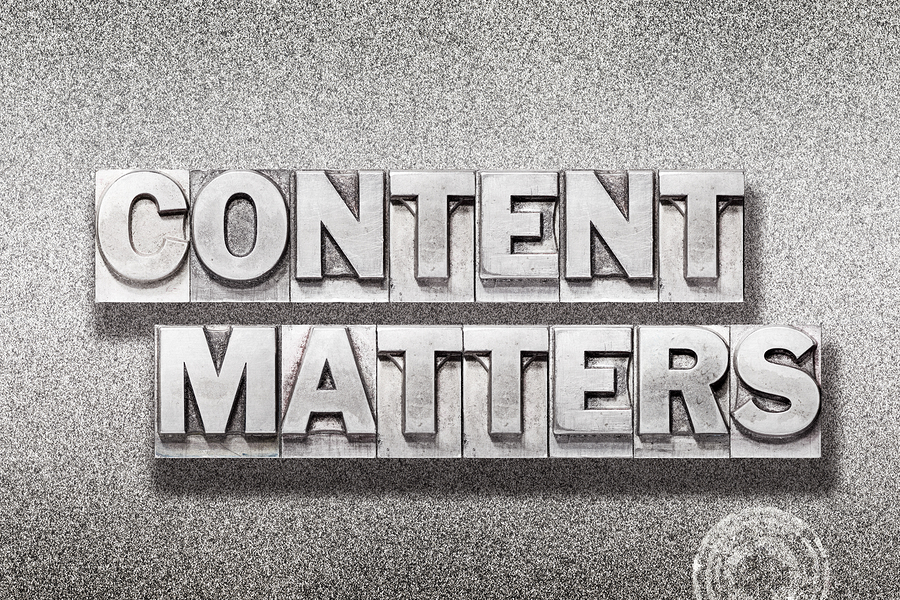Last week, I talked about a few reasons why I don’t plan to write a nonfiction book on style, mainly because I have no desire to develop a presence or platform as an expert on style.
But what if you want to write a nonfiction book about a topic you know and love? Let’s look at the list, revised from last week, to help you decide if you should:
- Are you well-known outside of your immediate circle of family, friends, and church, particularly as an expert on your chosen topic? My office receives many proposals from authors who attend or lead large churches. While this is helpful, a megachurch alone usually isn’t enough. An author needs to reach many thousands of people beyond his church who seek information from him on a given topic.
- Are you sought after by the media? Do people ask you for interviews? How large is their combined audience? Are you often asked to speak on your topic?
- Do you work in the industry?
- Do you have specialized training in and knowledge of the industry or topic?
- Do you have influential friends in the industry? Not only can they help and mentor you, they can also provide effective endorsements for your work.
- Will your work apply to and help a broad audience? There’s nothing wrong with writing a book of tips for people whose elderly poodles suffer from digestive issues, but a significant publisher will need to anticipate selling your book to many thousands of people.
- Do you blog about your topic? When people can find your posts where you discuss your issue and they like what they read, they may be willing to buy a book from you where you share more on the topic.
- Do you have one or more social-media accounts dedicated to your topic? Authors who can show that they have followers looking for their thoughts and advice on dedicated social media have a better chance of publication than those who can’t show a willing and waiting audience.
If you can answer in the affirmative to most of the questions above and you have a genuine desire to write the book, do so and continue to build your platform. Otherwise, know that every part of life doesn’t lend itself to a book. Those parts of life are meant for sheer enjoyment.
Your turn:
Were you able to answer yes to most of the questions? Where do you need improvement?
What is the most fun part of platform-building for you?
What other tips on platform-building can you offer?











